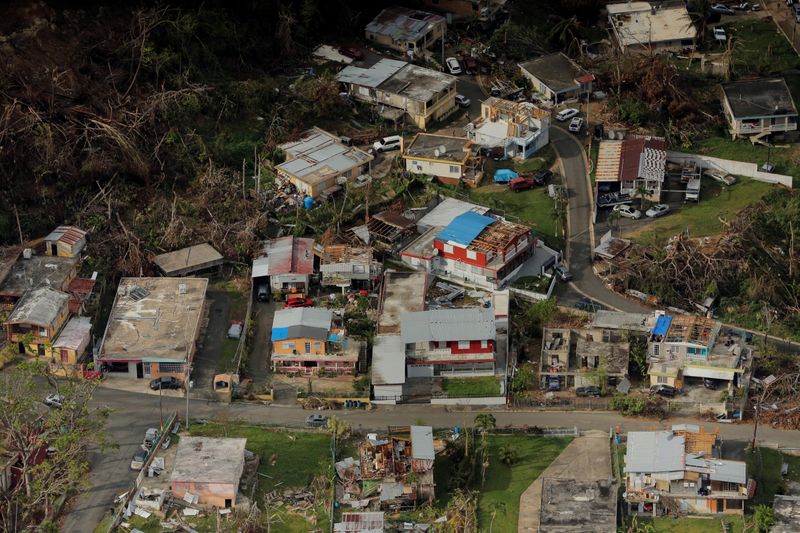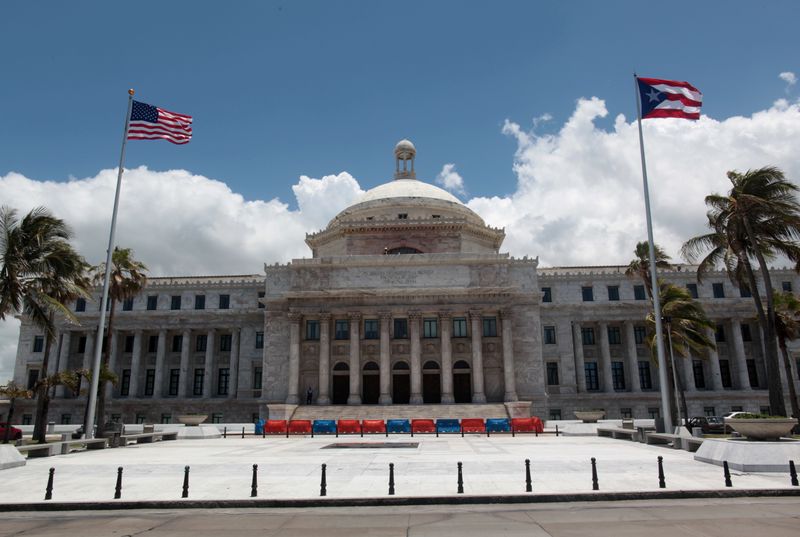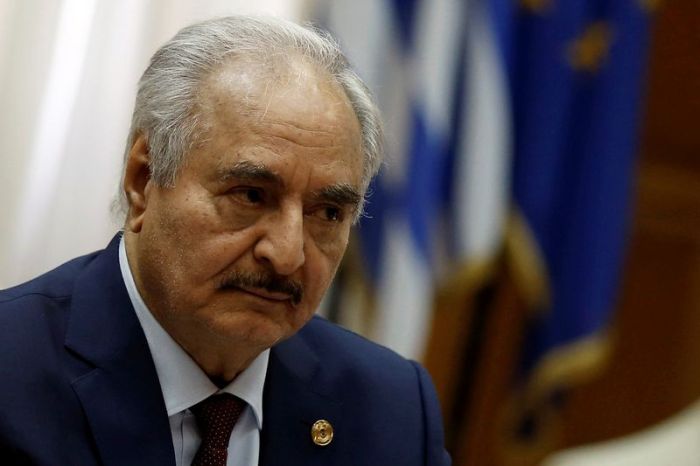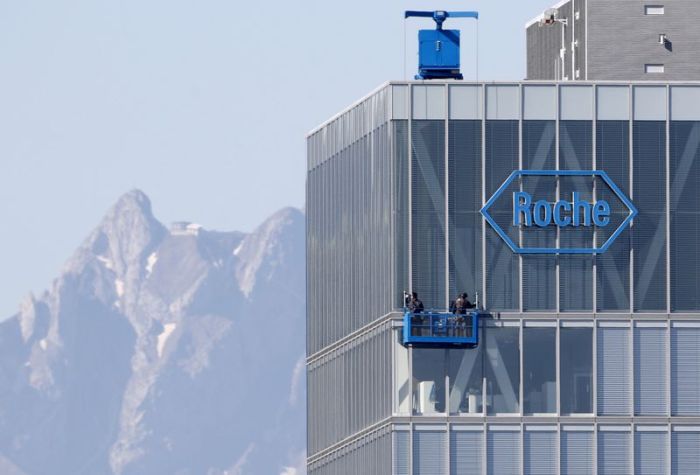WASHINGTON (Reuters) – The U.S. emergency agency is sending almost $13 billion to Puerto Rico, directed at the territory’s energy and education systems, to help it recover from 2017’s devastating Hurricane Maria, the White House said on Friday.
The “federal share” of the Federal Emergency Management Agency’s grants to the territory totals $11.6 billion, with most money, $9.6 billion, going to the battered power authority, according to a White House announcement, which did not provide details on the remaining funds or explain why they were not part of the federal share.
Puerto Rico Governor Wanda Vazquez Garced said in a statement the full FEMA package is $12.8 billion, with $10.5 billion for power.
The White House said the aid exceeds the total public assistance funding in any single federally-declared disaster other than Hurricanes Katrina and Sandy, the destructive 2005 storms. According to the National Hurricane Center, Maria is the third costliest hurricane in U.S. history behind Katrina and 2017’s Hurricane Harvey.
Top Democrats said President Donald Trump had delayed and withheld the aid for the last three years, stunting Puerto Rico’s ability to rebuild from the storm that killed more than 2,500 people and left the island without power for weeks. Representative Nydia Velazquez said he was “blatantly playing politics” by announcing the package 46 days before the Nov. 3 election, where he is in a tight race against Democrat Joe Biden.
Both Trump and Biden have been working to woo Hispanic voters. Their support is considered critical in the perennial swing state of Florida, where many Puerto Ricans relocated after Maria.
Puerto Rico was already struggling financially before Maria struck, and filed a form of municipal bankruptcy in 2017 to restructure about $120 billion of debt and obligations. A large portion of its financial distress was linked to the power utility.
Since then, it has weathered more hurricanes, earthquakes, the coronavirus pandemic and political upheaval, as well as increased federal scrutiny into its use of U.S. aid.
(Reporting by Lisa Lambert; Additional reporting by Karen Pierog and Makini Brice; Editing by Susan Heavey, Jonathan Oatis and Grant McCool)
























